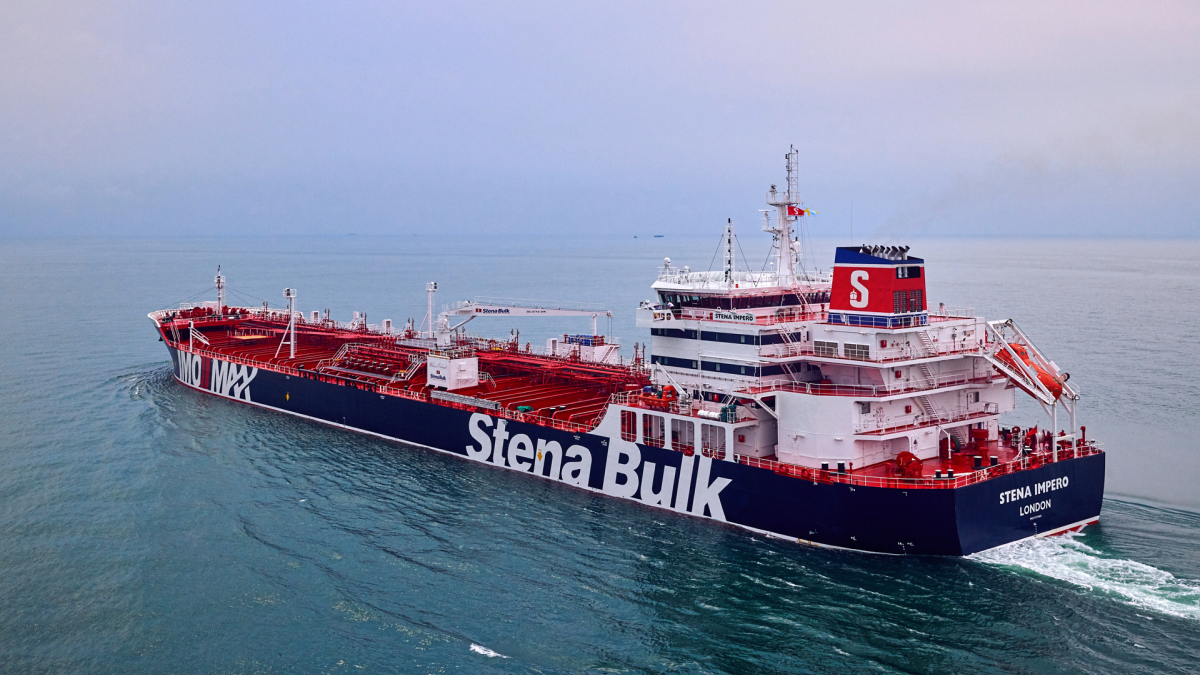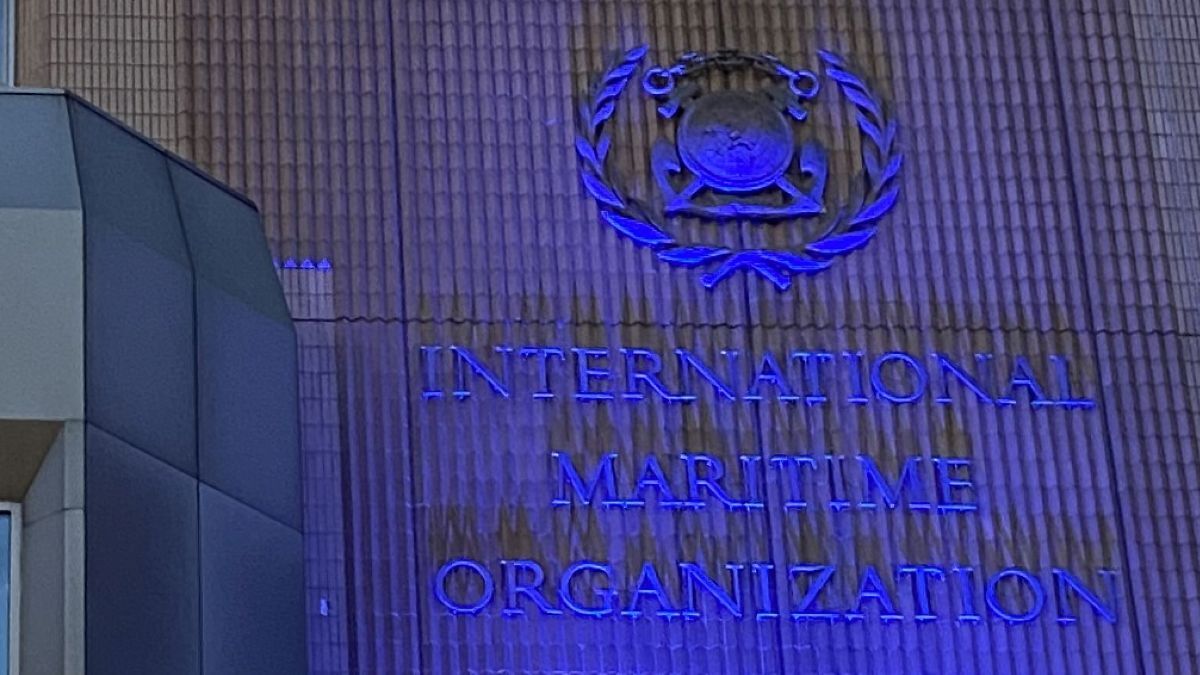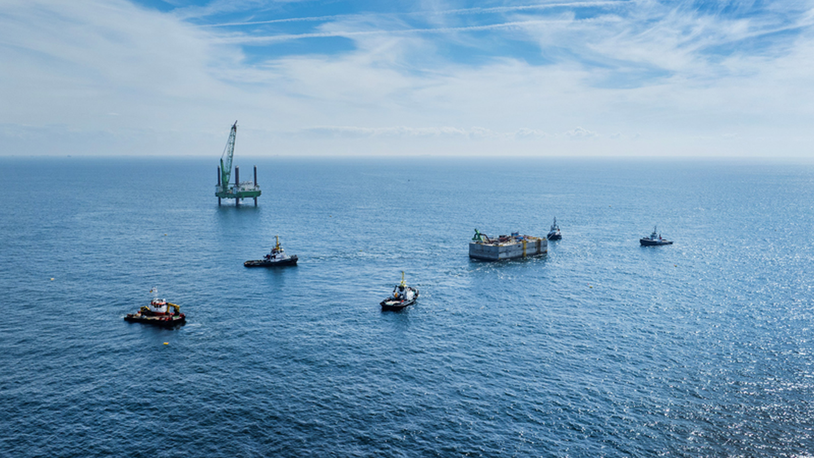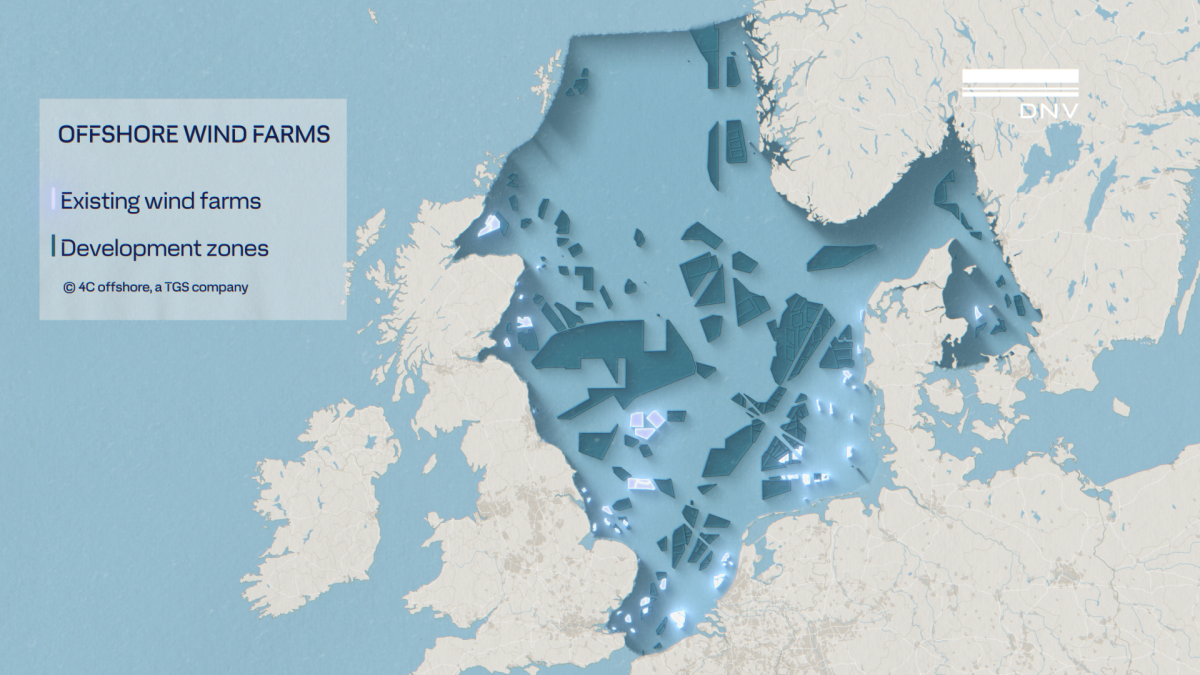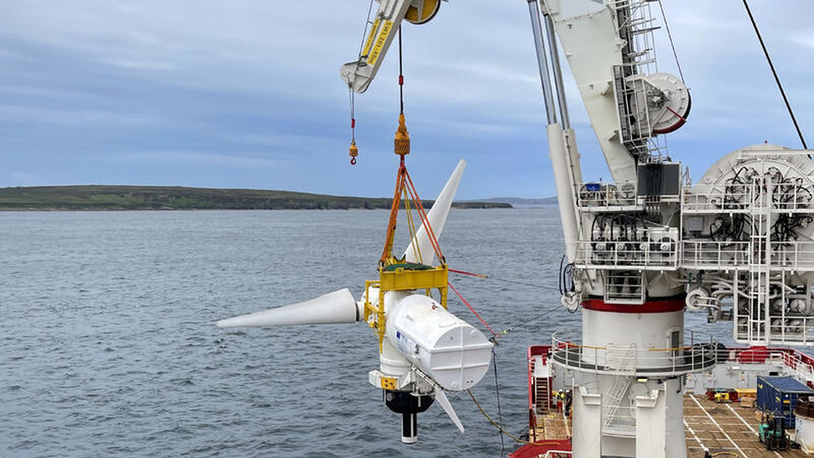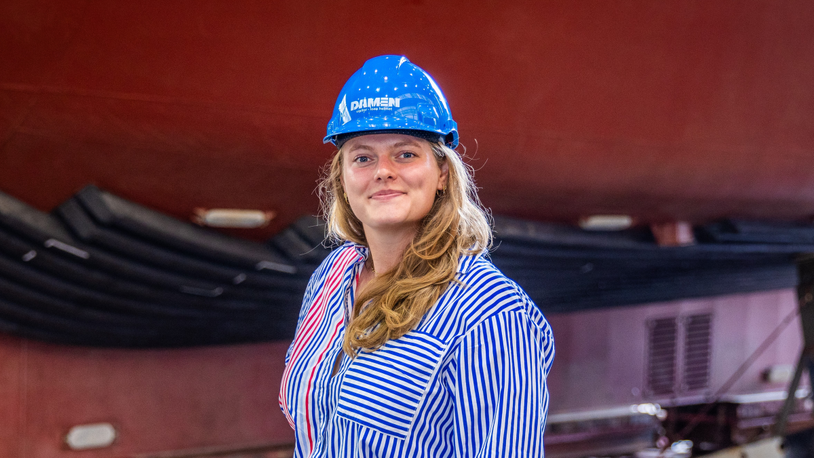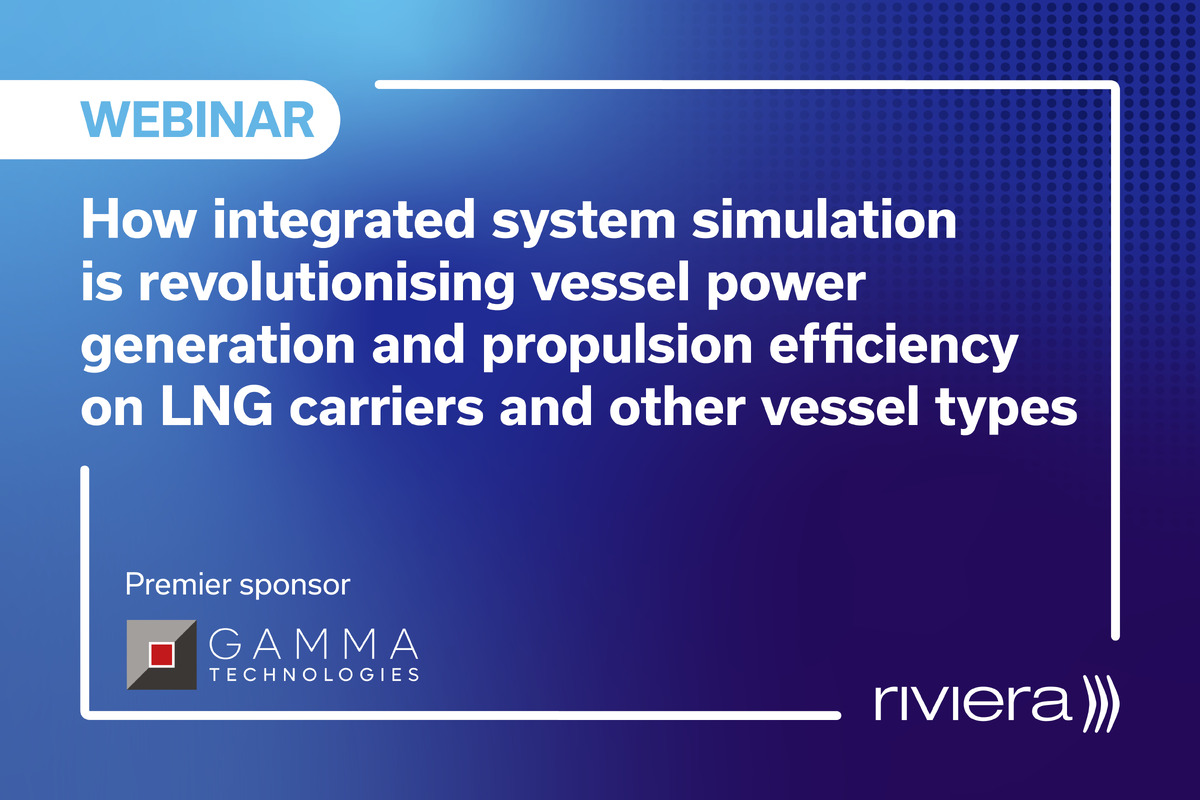Business Sectors
Events
Contents
DP association will provide network for operators
With large numbers of DP class OSVs on order, and the technology being adopted in other industry sectors, recruiting and training DP operators has become a big issue; a newly formed association plans to address this and other challenges
A newly formed professional association – the International Dynamic Positioning Operators Association (IDPOA) – has arrived with perfect timing, in tune with the history of dynamic positioning (DP), which has been one of groundbreaking innovation and pioneering development. The pursuit of making the seemingly impossible not just feasible, but safe, clean and cost effective has led to incredible leaps in technology, and opened up a new world of hitherto untapped maritime possibilities.
For some, perhaps those more traditional maritime observers, the use of computerisation, co-ordinated control and external input poses a risk of marginalising the human element within the process. The reality could not be more different, and the growth in DP has been matched by an equivalent boom in the training and certification of qualified and skilled DP Operators (DPOs), this technological progress being matched by the creation of a new breed of highly specialised seafarers.
The influx of people onto sophisticated vessels and into safety critical operations has been a quiet success story. This achievement has been all the more impressive, given that the rest of the shipping industry has largely failed to attract people, and arguably, has seen a drop in the standards of those that have been recruited.
However, now is not the time to rest on laurels or to pull back on the metaphorical joystick. Today sees a new set of challenges, and the offshore industry is at a juncture in the supply, training and management of DP personnel. With virtually every new offshore oil and gas support vessel being equipped with some form of DP – and many older ones having systems retrofitted – a high stakes race is developing to safeguard the global supply and capabilities of qualified DP operators. That is before the take-up of DP on passenger ships and superyachts is even considered.
The rapid expansion of an already booming sector has seen unparalleled growth in newly certified DPOs and a steady stream of new DP training centres worldwide. With this growth comes a new focus, standards of DP are being closely scrutinised, employers are struggling to find the very best new people, and experienced old hands are wrestling to ensure newcomers know the ropes.
The potentially grave implications for failure mean that little ‘wriggle room’ is available as the industry seeks to attract, retain and to develop current and future personnel at the DP desk. As the number of existing DPOs has risen, and with the demand for ever more, a point of critical mass has been reached, where the industry needs to evolve.
Given the importance of change management and continual improvement, this evolution is urgently needed, so it is time for some new ideas and innovation in the manning sphere. The status quo has moved satisfactorily so far, now perhaps something more, different and focused is needed. A point has been reached where DP operators want and need their very own professional network: an organisation to promote them, their role, and their skills while providing a focal point for input into the industry.
It is against this background that the International Dynamic Positioning Operators Association (IDPOA) has been developed. Rolling out from May, with a formal launch at Riviera Maritime Media’s European DP Conference in June (page 68 gives more details), the IDPOA is a professional network created specifically for individuals working in the DP sector.
From the most experienced DP masters, senior and junior DPOs, to those on the technical side, and those with a desire to work with DP, there will be something for everyone, with individual membership separated into the following categories:
• Associate Member
• Member (mDPO)
• Fellow (fDPO)
• DP Elite (eDPO).
IDPOA takes the traditional professional association model but builds and develops it, adding a refined and role specific view. Benefits to individuals will include:
• professional recognition
• networking and mentoring
• job opportunities
• global DP community
• careers guidance
• safety reporting
• Continuing Professional Development (CPD) tools
• news, views, a DP forum, and industry input.
While individuals are the core and foundation of IDPOA, the importance of working with and for the industry at large is recognised, engaging fully and openly across all stakeholders.
As part of this, IDPOA will offer a range of corporate membership packages, allowing companies to support the association while working through it to engage directly with the membership. Commercial packages are hugely important, as they serve to create a hot link between people and industry, something that is currently lacking. With Corporate, Recruiter, and Training Centre Memberships available, IDPOA looks to bridge the divide, bringing the very best job opportunities and career advice to DPOs, while also allowing potential employers and trainers to tap into a wider market than ever before.
With DP usage becoming increasingly widespread, the issue of stakeholder input has become ever more important. From owners to charterers, training providers to certification authorities, all have a clear voice and role but it seems though that one group has been overlooked for too long – the actual DPOs. The aim is to therefore promote and gain recognition of IDPOA as a responsible organisation representing DPO interests.
As IDPOA grows, it will look to engage with all parties to ensure they have access to the input and information they desire, while ensuring members have a voice on matters that ultimately affect them professionally. With relatively new schemes such as the Nautical Institute’s DP-Training Executive Group (DP-TEG) already making progress and bringing about positive change, it would seem that such initiatives can only benefit from a coherent and organised voice from DP practitioners.
The forging of IDPOA has not been easy – shipping can be an extremely conservative industry. While technological advances and change are embraced, it seems that some are slightly anxious about the prospect of an international association bringing together DPOs in a professional network. There are perhaps inevitable concerns that this may constitute a union of some sort, or that the status quo may be disturbed, with other industry players perhaps believing their role in the perceived ‘natural order’ to be threatened.
The answer to those that might view the launch of IDPOA with scepticism or mistrust is initially a message of re-assurance – firstly, this is not a union. There is no scope or desire to take on that role. The very mission and aims of the association clearly and categorically state that, “The Association shall not support with its funds any objective, activity or endeavour to impose on or procure to be observed by its members or others any regulations or restrictions, which if any object of the Association would make it a trade union.”
The concepts underpinning IDPOA are of co-operation, and it seeks the chance to show value to the industry. If people take time to think properly of the merits of a true representative voice for and from DPOs, then everyone can benefit.
IDPOA will be seeking to work closely with other organisations. It will look to support their efforts, underpinning existing work, while the association branches out and develops its own projects and programmes. It will further seek to promote the observance of high professional standards while supporting individuals across all stages of their DP-centred career.
There are gaps today, and an organisation that allows the most senior and experienced DP operatives to guide and mentor others, and from where proper ‘frontline’ information and feedback emerge, can only be positive. The very nature of DP training is changing, and from STCW through to the role of onboard instruction, a need exists for proper understanding and dialogue.
The current system sees a rather downplayed emphasis on the role of cascade training, with senior DPOs nurturing, overseeing and, in the case of Section F of the training logbook, even assessing trainees. Having a trusted source of information, of guidance, advice and networking will be a valuable tool on which any DPO can fall back – even more so since it is clear that, unfortunately, some in the industry seek to promulgate rumour and half truths about DP, and many new entrants to this sector are increasingly misled.
Sweeping changes are appearing on the horizon for DP and on the issues of formal assessment, sea time reduction, refresher, onboard and specialised training. Here, IDPOA, it is hoped, can bring a fresh perspective from the frontline.
There is also the matter of careers – amongst IDPOA’s aims is the statement that it will “work to enhance the appeal of careers in dynamic positioning to the wider industry, and also potential candidates outside of the maritime sector”, thus positively influencing all parts of the chain.
IDPOA is not naïve, it does not expect to be accepted overnight. It recognises the need to work hard, and that is the aim. From the launch of a website www.dpoperators.org and the creation of an executive committee of senior DP related practitioners, the association is investing and growing.
IDPOA is working to ensure that DPOs have the best tools and support to succeed, and that new talent is identified, attracted and supported. That is why the association has been created – for people, for the industry, and for the future. So if you do DP, join IDPOA! OSJ
* Steven Jones is executive director of the International Dynamic Positioning Operators Association (IDPOA)
Related to this Story
Events
Maritime Environmental Protection Webinar Week
The illusion of safety: what we're getting wrong about crews, tech, and fatigue
Responsible Ship Recycling Forum 2025
© 2024 Riviera Maritime Media Ltd.




